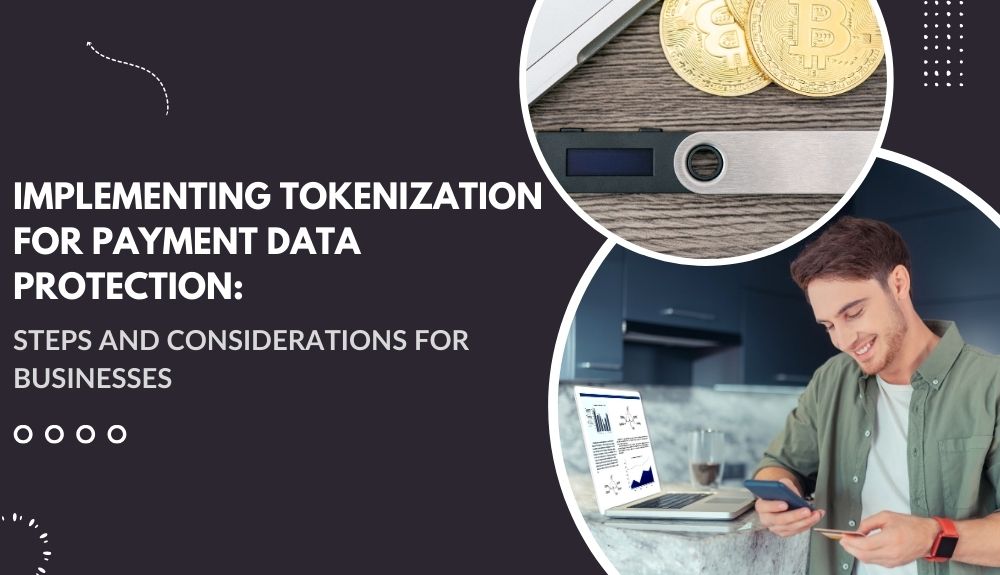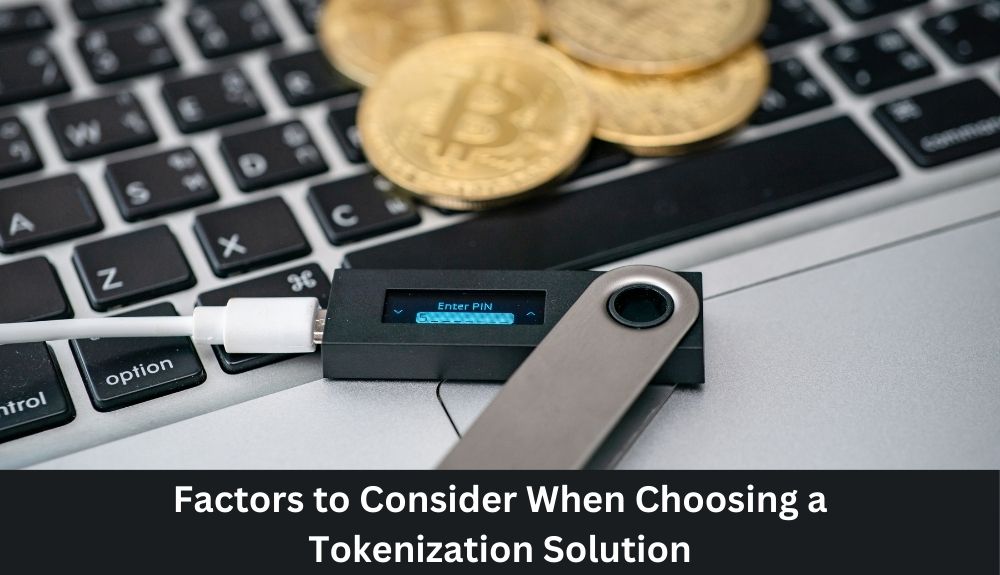
By max February 28, 2024
In today’s digital world, safeguarding sensitive payment data is more crucial than ever for businesses. One powerful solution that has emerged to combat cyber threats and protect customer information is tokenization. Let’s delve into the realm of tokenization and explore how its implementation can revolutionize payment data protection strategies for businesses of all sizes.
Benefits of Tokenization for Businesses
Tokenization offers a range of benefits for businesses looking to enhance their payment data security. One key advantage is the reduction of PCI compliance scope, as sensitive cardholder information is replaced with unique tokens that are useless to cybercriminals. This not only minimizes the risk of data breaches but also simplifies the burden of meeting regulatory requirements.
Moreover, tokenization helps build customer trust by safeguarding their financial details during transactions. With increasing concerns over privacy and data protection, implementing tokenization demonstrates a commitment to maintaining robust security measures. This can lead to improved customer loyalty and satisfaction, ultimately driving repeat business and positive word-of-mouth recommendations.
Furthermore, by adopting tokenization, businesses can streamline operations and reduce costs associated with handling sensitive payment information. The efficiency gained from using tokens in place of actual card data can result in time savings and lower processing fees – contributing to overall operational effectiveness.
In essence, embracing tokenization not only fortifies cybersecurity defenses but also enhances customer relationships and operational efficiencies for businesses across various industries.
Steps to Implement Tokenization for Payment Data Protection
When it comes to implementing tokenization for payment data protection, there are several key steps that businesses can take to enhance their security measures.
It is essential to assess the current state of your payment processing system and identify potential vulnerabilities. This will help you understand where tokenization can be most beneficial.
Next, choose a reputable tokenization solution provider that aligns with your business needs and compliance requirements. Conduct thorough research and consider factors such as scalability, integration capabilities, and customer support.
Once you have selected a provider, work closely with them to integrate the tokenization solution into your existing systems seamlessly. This may involve testing the implementation thoroughly to ensure smooth operation.
Train your staff on how to use the new tokenization system effectively and educate them on best practices for maintaining data security. Regularly monitor and analyze system performance to address any issues promptly.
By following these steps diligently, businesses can fortify their payment data protection mechanisms effectively through tokenization technology.
Factors to Consider When Choosing a Tokenization Solution

When looking for a tokenization solution to safeguard your payment data, there are key factors to consider that can make all the difference. Ensure the solution is compliant with industry standards such as PCI DSS to guarantee maximum security.
Scalability is crucial – choose a tokenization provider that can grow with your business and handle increasing transaction volumes effortlessly.
Moreover, flexibility in integration is vital; opt for a solution that seamlessly integrates with your existing systems and can adapt to future technologies.
Additionally, consider the level of customer support offered by the tokenization provider – quick and reliable assistance can be invaluable in times of need.
Evaluate the cost-effectiveness of the solution over time – while quality comes at a price, it’s essential to find a balance between security and affordability when selecting a tokenization system.
Common Pitfalls and How to Avoid Them
When implementing tokenization for payment data protection, businesses may encounter common pitfalls that could jeopardize the security of their sensitive information. One common pitfall is choosing a tokenization solution without considering its compatibility with existing systems. This oversight can lead to integration challenges and potential vulnerabilities in the payment process.
Another pitfall to watch out for is failing to regularly update and patch the tokenization system. Outdated software can expose businesses to security risks and leave them susceptible to cyber attacks. Additionally, overlooking employee training on proper token handling procedures can result in human errors that compromise data security.
To avoid these pitfalls, businesses should conduct thorough research before selecting a tokenization solution, ensuring it meets their specific needs and integrates seamlessly with their current infrastructure. Regularly updating the system and providing comprehensive training to employees will also help mitigate risks and enhance overall data protection measures.
Conclusion: The Future of Payment Data Protection with Tokenization
Tokenization is the future of payment data protection for businesses. By implementing tokenization, organizations can enhance security, reduce the risk of data breaches, and improve customer trust. As technology continues to evolve, it’s crucial for businesses to stay ahead of cybersecurity threats. Tokenization offers a proactive approach to safeguarding sensitive payment information and staying compliant with industry regulations.
As more businesses recognize the importance of payment data protection, the adoption of tokenization is expected to grow rapidly. With advancements in encryption technology and increased awareness about cybersecurity risks, tokenization will play a pivotal role in securing transactions and maintaining consumer confidence.
Embracing tokenization as a fundamental security measure will not only protect businesses from potential cyber threats but also ensure long-term success in an increasingly digital world. The future of payment data protection lies in innovative solutions like tokenization that prioritize security without compromising convenience for customers.
